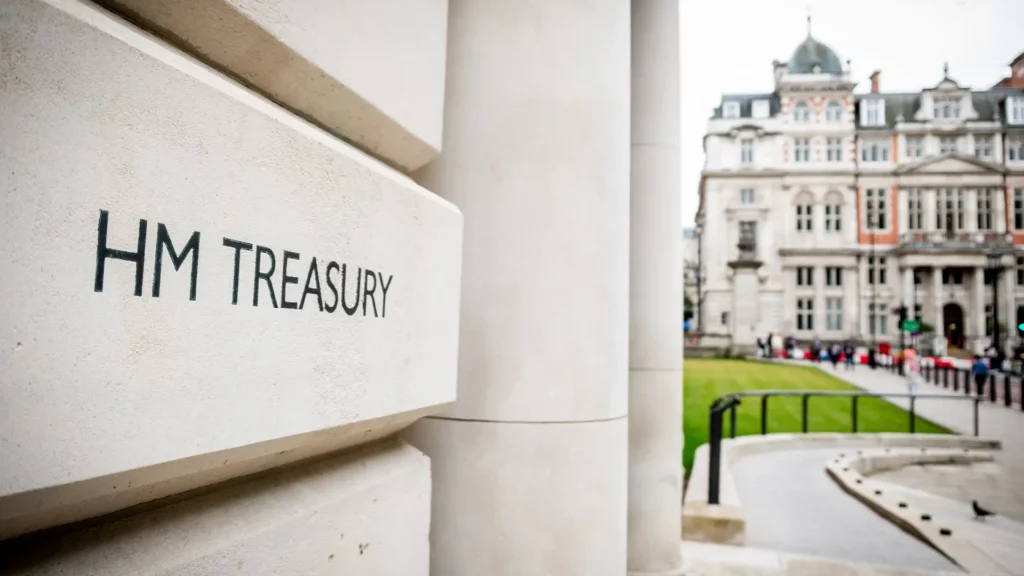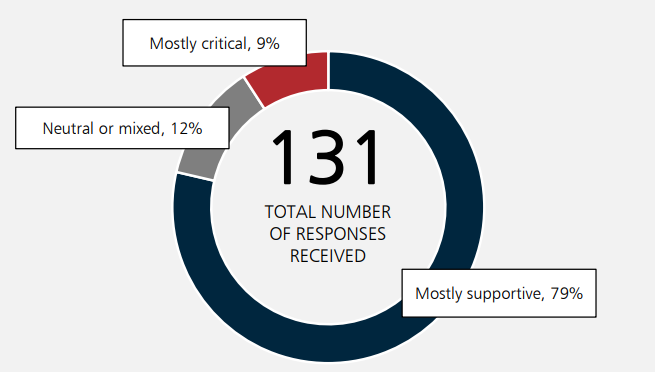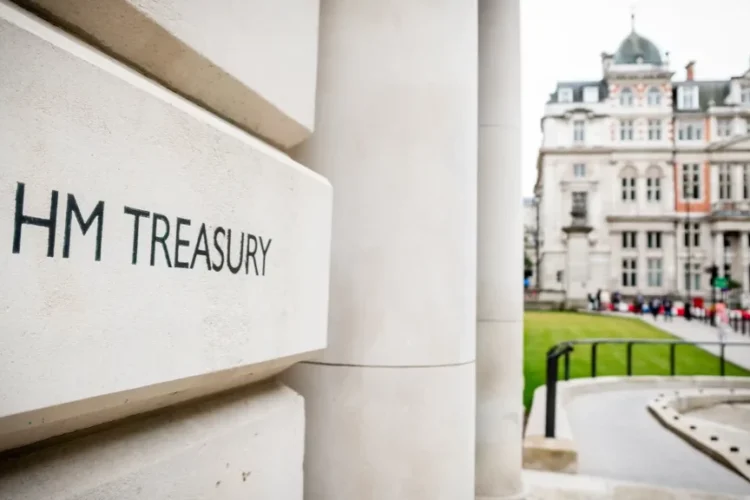
The UK is one step closer to introducing new crypto regulations.
- The Treasury has outlined its final proposals for crypto asset regulation in the UK.
- In general, NFTs and utility tokens won’t be treated as financial products.
- Rather than defining crypto assets, the proposed regulation focuses on how tokens are used.
The process of lawmaking is long, yet along the way, there are key milestones at which future legislation comes into shape. After an 8-month consultation period, on Monday, October 30, the UK Treasury published its findings, which will lay the foundations for an anticipated new regime for crypto regulation.
Going forward, the Treasury’s recommendations are expected to form the basis of new legislation, which MPs will flesh out in the coming months. Already, the key tenets of the UK’s approach can be discerned, outlining what will and will not be included within the scope of future regulations.
NFTs And Utility Tokens To Be Exempt From Crypto Regulations
In accordance with British legislative tradition, the notion of “regulated financial activity,” is central to the Treasury’s proposals, which favor flexible, use-oriented definitions over rigid, technical ones.
Focusing on activities rather than specific token classes could help to avoid replicating the situation seen in the US, where the SEC’s attempts to bring every conceivable on-chain asset within its jurisdiction have pushed the definition of securities to absurd limits.
Recognizing the existence of crypto tokens that needn’t be subject to financial regulations, one of the important questions the Treasury set out to explore during its consultation is what exactly counts as a financial service use case.
For example, the Treasury noted that “activities relating to truly unique or non-fungible NFTs that are more akin to digital collectibles or artwork,” fall outside the scope of the proposed regulation.
However, the government recognized the need to distinguish between NFTs that are “truly unique” and those that are only nominally so.
Observing that NFTs which are “technically unique but largely indistinguishable from each other,” could function as exchange tokens, the paper leaves room for regulatory flexibility on a case-by-case basis.
Likewise, the Treasury argues that utility tokens shouldn’t fall within the regulatory perimeter as long as they are only used to access a particular product or service within a blockchain-based ecosystem. However, it stresses that such utility tokens could still fall within the scope of financial regulations, for example, if they are traded with other crypto assets.
No Change For Already Regulated Assets
Another guiding principle put forward by the Treasury is the notion that any new framework shouldn’t unnecessarily affect the regulation of activity that is already covered by existing laws.

For example, the paper notes that security tokens representing debt or equities are already regulated by existing legislation.
Nevertheless, there is one significant exemption to the idea that existing regulatory regimes should be left unchanged. Recognizing “fundamental differences in the way that crypto asset custody operates versus traditional custody arrangements,” the Treasury recommends applying new rules to the custody of tokenized securities.
No DeFi Regulation For Now
While recognizing that decentralized finance (DeFi) protocols and platforms play an increasingly important role in financial services, the Treasury stated that “it would be premature and ineffective for the UK to regulate DeFi activities currently.”
Instead, it said the government will support efforts to build an international framework for DeFi regulation, which lawmakers could later incorporate into domestic law.
That being said, the Treasury noted that several respondents to its consultation were in favor of the Financial Services Authority (FCA) issuing guidelines for the DeFi sector.
Other proposals floated include the establishment of self-regulatory organizations and requiring protocols to elect a responsible regulatory board.
Was this Article helpful?

